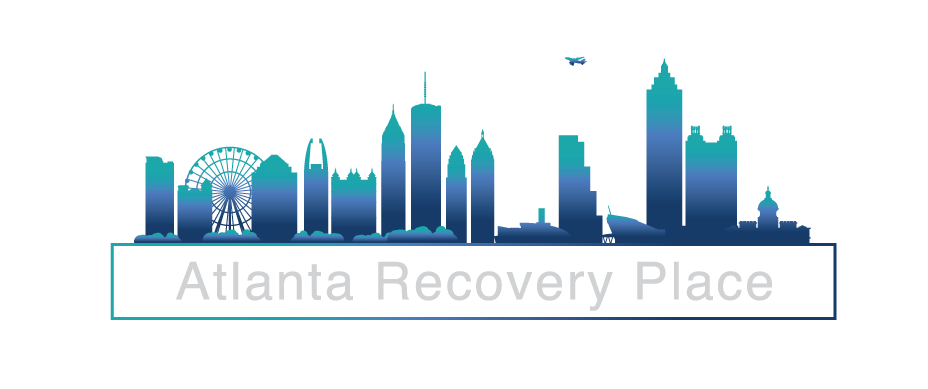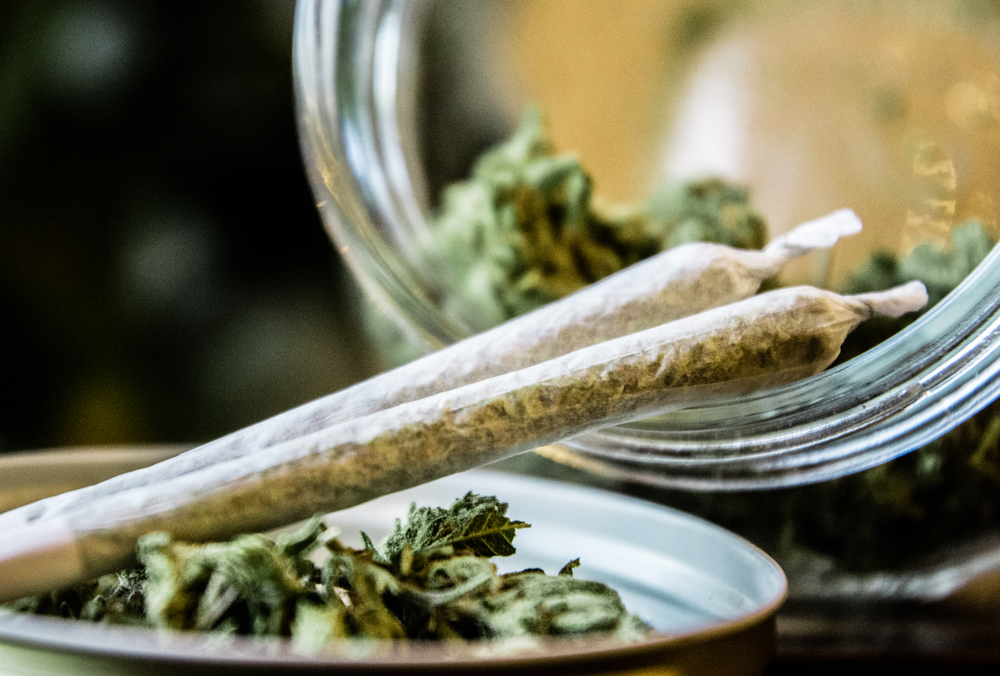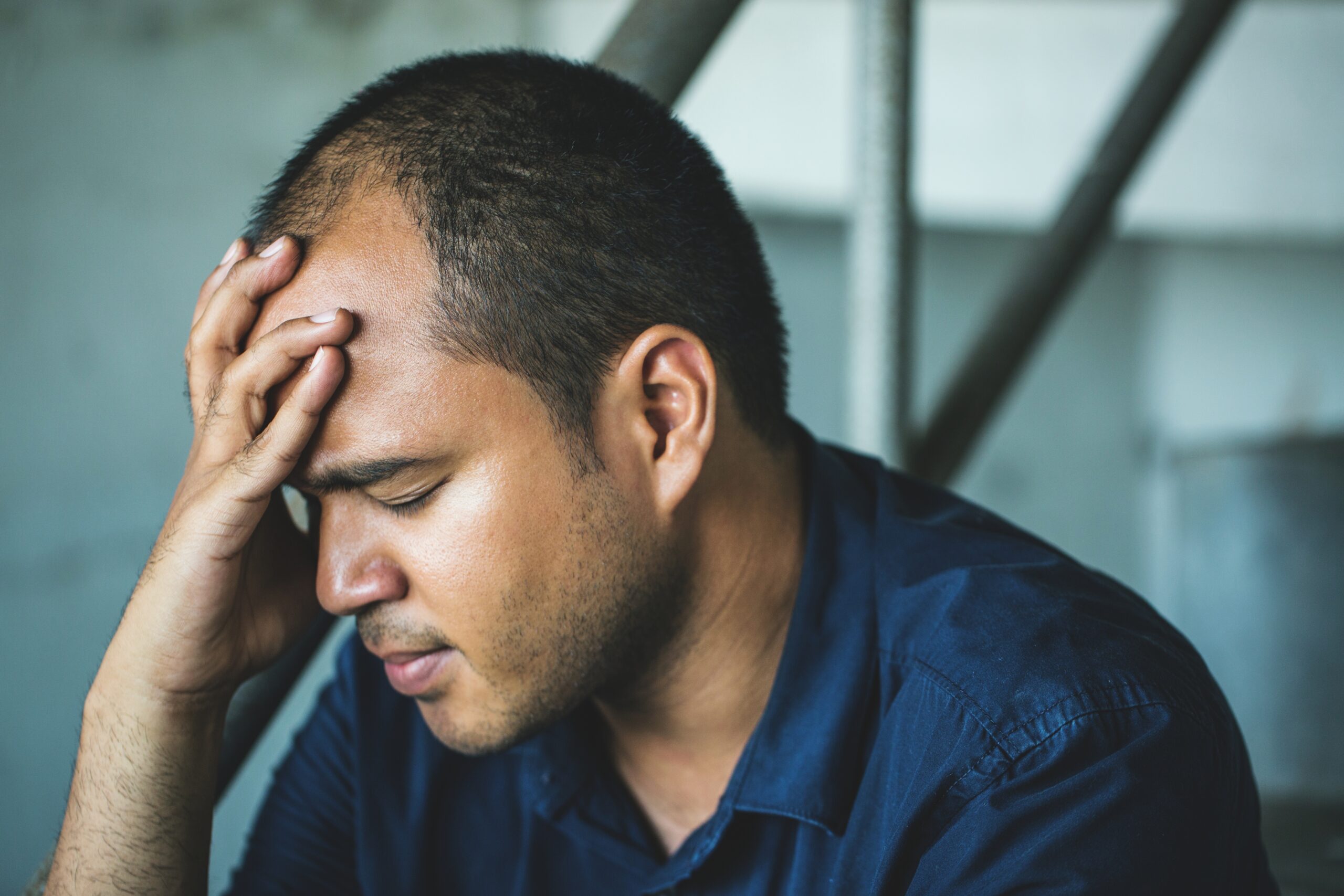Marijuana addiction, a topic often clouded by controversy and misinformation, warrants examination. It is crucial to grasp the complexities surrounding this issue to offer support and guidance to those affected.
Atlanta Recovery Place is a treatment center designed to support individuals with multiple types of addiction and mental health disorders. Individuals struggling with marijuana addiction can work through supportive treatment designed to support mental, physical, and spiritual health.
Contact Atlanta Recovery Place today to learn more about marijuana addiction and how our Georgia drug and alcohol rehab center can help.
Defining Marijuana Addiction
Marijuana, also referred to as cannabis, is a substance that has gained popularity for its medicinal uses. While many people consume marijuana without developing an addiction, some individuals may establish usage patterns. Cannabis Use Disorder is the term used to characterize marijuana addiction. It involves being dependent on the drug despite experiencing consequences.
One significant aspect of addiction is the difficulty in controlling or limiting marijuana consumption, leading to a focus on obtaining and using the drug. This can result in neglecting responsibilities, strained relationships, and an overall decline in healthy being.
Moreover, individuals who struggle with a marijuana addiction may encounter withdrawal symptoms when attempting to quit or reduce their usage. These symptoms further reinforce the cycle of dependency, adding to the complexity of addressing marijuana addiction.
It is crucial to understand the distinction between use and addiction when dealing with marijuana addiction complexities. While occasional recreational use may not result in dependency, persistent and increasing usage despite effects on one’s life is a characteristic of addiction.
Identifying Marijuana Addiction
People struggling with marijuana addiction may also experience withdrawal symptoms like irritability, difficulty sleeping, decreased appetite, and mood disturbances when trying to reduce or quit its use. Moreover, cravings and continued use despite consequences such as financial problems can indicate an unhealthy relationship with marijuana.
It’s crucial to approach these signs and symptoms with empathy and understanding, recognizing that individuals grappling with marijuana addiction may be facing external challenges that contribute to their usage.
Myths About Marijuana Addiction
When debunking misconceptions about marijuana addiction, it is crucial to approach the topic with objectivity and knowledge. By dispelling myths and misinformation, we can foster understanding and empathy towards individuals grappling with addiction.
By addressing misunderstandings, we can create an environment that promotes support and education, ultimately benefiting those who are dealing with addiction to marijuana.
One widespread misconception is the notion that individuals struggling with marijuana addiction lack willpower or moral strength. In reality, addiction is an interplay of psychological and environmental factors. Overcoming it often necessitates assistance and a network of individuals.
Another misconception involves the belief that addiction is a choice rather than a chronic condition. Recognizing addiction as a disease can shift the narrative from blame and shame to one of understanding and proactive support. By reframing how we talk about addiction, we can contribute to a compassionate approach in assisting individuals throughout their recovery journey.
Differentiating Between Use and Addiction
Distinguishing between use and addiction is an essential yet nuanced aspect when it comes to understanding marijuana addiction. For people, using marijuana recreationally does not result in usage or dependency patterns. However, when an individual’s relationship with marijuana becomes characterized by an inability to control or moderate their consumption, it may indicate the presence of addiction.
It’s crucial to approach this distinction with sensitivity and without passing judgment. It should acknowledged that individuals fall somewhere along a spectrum of usage ranging from casual to problematic. By fostering inclusive discussions surrounding marijuana usage, individuals can empower others to seek assistance if they identify patterns in their relationship with the substance.
Recognizing the distinction between consumption and addiction also emphasizes the importance of evaluations and support when addressing marijuana use. By acknowledging and respecting individuals’ experiences and obstacles concerning marijuana, we can customize our support and resources to meet their requirements.
If you or someone you know is struggling with marijuana addiction, it’s essential to know that there are support systems and resources. Atlanta Recovery Place is a Georgia addiction recovery center committed to helping individuals overcome substance abuse issues along with health disorders. Our clients work towards achieving sobriety through treatment programs that incorporate therapeutic modalities. Remember that you are not alone; there is always hope for recovery.





